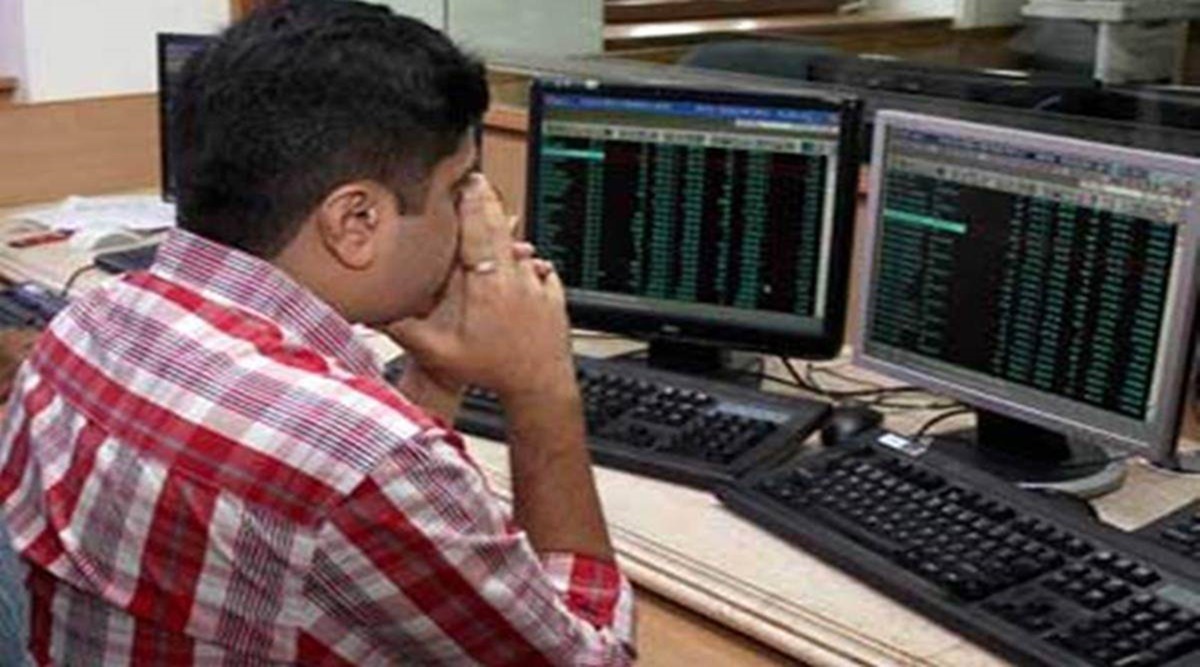In the first trading hours of Monday, the benchmark Indian market Sensex at BSE fell sharply by 1,280 points, or 2.2 percent, on concerns about global inflation, expectations of a faster pace of rate hikes by the US Federal Reserve, and concerns about weakness in the Chinese economy, as well as rising Covid-19 cases.

While the Sensex plunged by more to 2% on Monday, other major Asian markets also tumbled dramatically. The Nikkei in Japan dropped as much as 1.9 percent, while the Shanghai Composite in China dropped as much as 1.3 percent.
Indian markets fell dramatically after reopening after a four-day hiatus, owing to mounting fears over a variety of factors, including the ongoing Russia-Ukraine conflict. Concerns have also been raised about the European Union’s gas embargo and the possibility of restrictions on Russian crude in the next round of EU sanctions.
As long as inflation remains a major issue, the market expects the US Federal Reserve to accelerate rate hikes; instead of a 25-basis-point boost, experts anticipate the Fed will go for a 50-basis-point hike.
While rate rises were predicted, a significant increase might prompt a quicker outflow of cash from international portfolio investors, putting pressure on emerging market and domestic equities markets.
Concerns over the growing number of Covid-19 cases in China, as well as the Chinese economy’s slower-than-expected development, have also influenced market sentiment.
Shanghai has been in lockdown since March, yet three people were killed on Monday.
Meanwhile, China’s economy increased 4.8 percent in the first quarter, according to AFP, as a Covid comeback slowed economic development. According to AFP, the National Bureau of Statistics has also warned of “major problems and challenges” ahead.
Experts believe that China’s limitations would harm global supply chains, perhaps leading to an increase in inflation, which has already been harmed by the Russia-Ukraine conflict.
In the short run, given the global scenario of geopolitical concerns and inflation, equities markets are expected to remain volatile. The FPI flows may continue volatile, with an outflow possible in response to the US Fed’s predicted increase in the pace of rate hikes. Even domestic inflation, which peaked at 6.95 percent in March, remains a source of worry for Indian investors. The RBI may be forced to move for quicker rate rises if inflationary pressures persist.
The RBI signalled a change in its focus from restoring growth to reducing inflation concerns in its most recent monetary policy announcement. Even though it held policy rates constant for the time being, it hinted at a future raise in repo rates. “We have now put inflation ahead of GDP on the priority list. After announcing the bi-monthly policy review, RBI Governor Shaktikanta Das remarked, “Now is the time to prioritise inflation above growth.”











